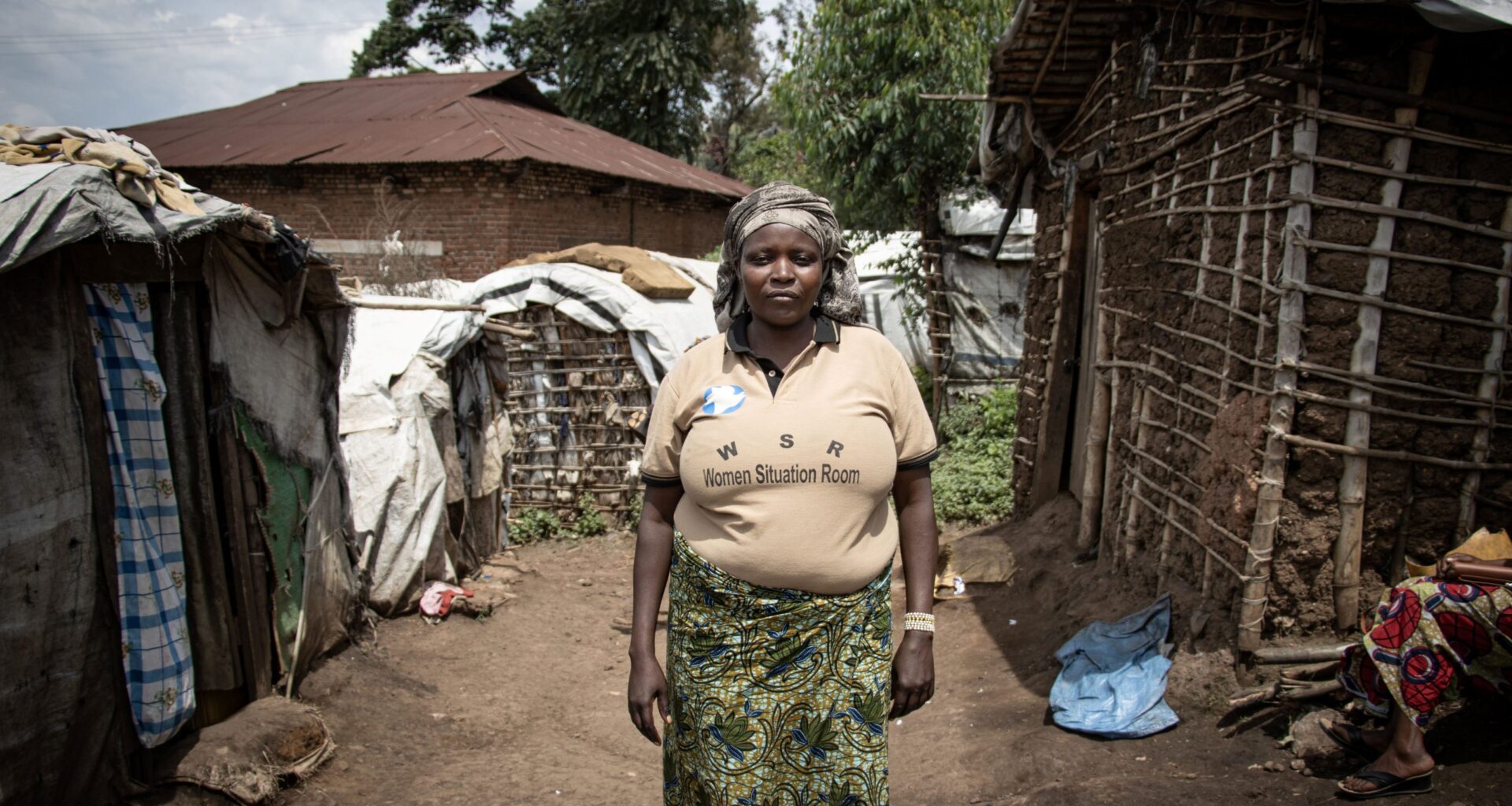Read: 3 min
“The world is increasingly dangerous and divided, with the rules-based international system under unprecedented pressure and global conflict becoming more frequent and volatile,” a statement from Prime Minister Mark Carney said in October, as he committed to increase Canada’s defence spending to five per cent of GDP by 2035.
Now, this is the new reality.
With the tabling of Carney’s first budget, Canada has joined the list of countries around the world cutting international assistance in favour of increasing defence spending.
Specifically, the 2025 budget revealed $2.7 billion in cuts to international aid over the next four years — and $82 billion in new defence commitments over the next five years.
The budget narrative is loud and clear: We need to appease global leaders, respond to a more polarized and unstable world, and prioritize our own national interests.
What’s missing from this discourse is an understanding that our world is deeply interconnected and the ripple effects of events in other parts of the world are far reaching.
When lives are needlessly lost in one place in this global village, it often sows the seeds for future violence, which only exacerbates pain and poverty. The problems we see now will get far worse if we aren’t addressing their root causes.
An investment in international assistance today is an investment in preventing conflict tomorrow. According to the umbrella aid organization Cooperation Canada, every $1 spent on prevention can save up to $60 in military intervention costs. And every $1 invested in Official Development Assistance generates $1.19 in Canadian exports.
Thank you for being a paid subscriber. Our work would not be possible without your support.
Subscribe to Editor’s Picks. Receive our free Saturday newsletter featuring our best stories from the week.
These numbers show that principled, compassionate engagement pays dividends, both morally and economically.
The budget’s strong focus on militarization and national security without correspondingly sizable investments in conflict prevention and peacebuilding is sure to disappoint. According to the Global Peace Index, an increase in military spending leads to a decrease in peace — and in 2025, global peace has been at its lowest level since the index’s inception.
It is possible to prioritize security while also prioritizing peacebuilding.
In the eastern Democratic Republic of Congo, where armed groups are active, the development aid organizations Canadian Foodgrains Bank and Mennonite Central Committee are supporting the training of thousands of women in peacebuilding skills, including mediation, negotiation and reconciliation. As they work and learn together in groups called Women’s Situation Rooms, the women resolve grassroot conflicts in their local communities and prevent them from escalating into violent conflicts.
We don’t have the resources of the New York Times or Wall Street Journal. But we have something they don’t: Canadian heart.
Support Canadian journalism today.
Women’s Situation Rooms can play a key role in addressing emerging conflicts in their early phases, ensuring they don’t spiral into larger, more far-reaching conflicts. Because of their strong reputation, they are solicited for resolving conflicts ranging from land boundary disputes to negotiations between armed groups.
“As a woman, I’m very happy to be a member of [a] Women’s Situation Room group,” says Women’s Situation Rooms member Mauwa.
“I love working in groups to raise awareness among other women in my community so that they join WSR groups and build their capacity on issues related to peace and leadership,” says Mauwa.
“I only knew that men were the only people who could bring change in our country until I [saw] how [the] WSR group [was] embraced in the community, and the change we continue to bring in the community.”
This peacebuilding work takes place alongside lifesaving humanitarian assistance and poverty-tackling development activities, providing a holistic response to a community’s needs.
When we can prevent local conflict from escalating, we not only avoid later costly military interventions and humanitarian efforts, but save lives that would have been lost from violence, hunger and starvation.
This week’s budget does not have to be the final word on Canada’s international assistance agenda.
We urge Canada to ensure peacebuilding and conflict prevention are prioritized in our foreign policy and national security agenda — so our world may become increasingly safe and united, with fewer global conflicts, and greater opportunities for future generations to thrive.
Our work would not be possible without paid subscribers. Become one today.
✓ Unlimited article access
✓ Crosswords on Canadian holidays
✓ Cancel any time
✓ Unlimited article access
✓ Crosswords on Canadian holidays
✓ All Subscriber benefits
✓ The ability to gift a 20% discount on Canadian Affairs subscriptions to your contacts
Canadian Affairs is one of the few outlets in Canada offering reported coverage of international relief and development work. Our coverage is made possible in part thanks to the financial support of Canadian aid groups.
Related Posts

